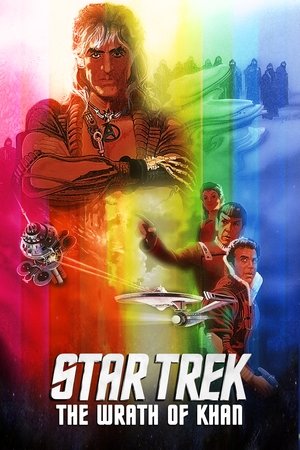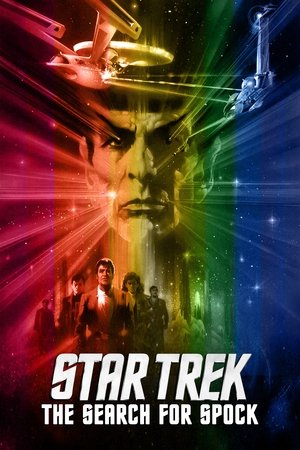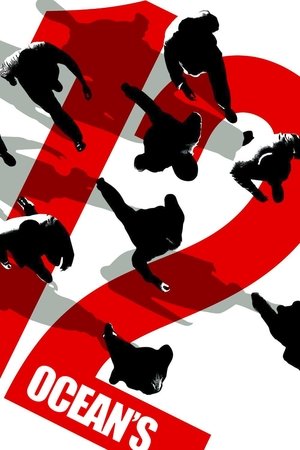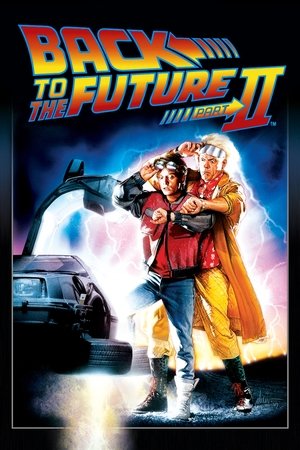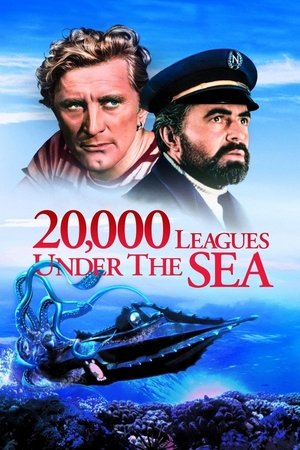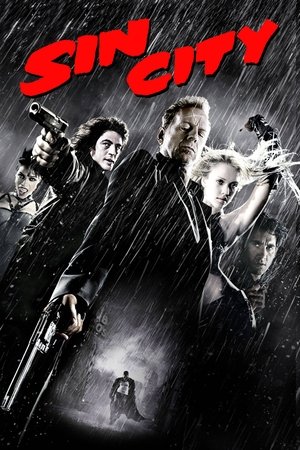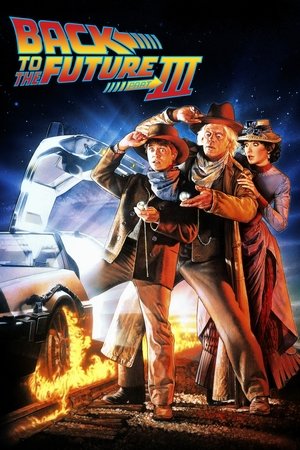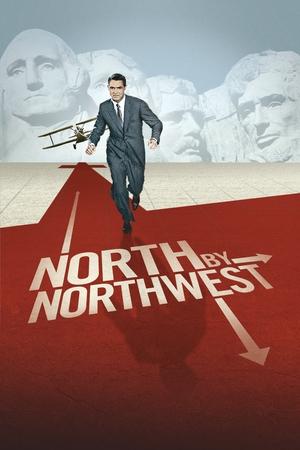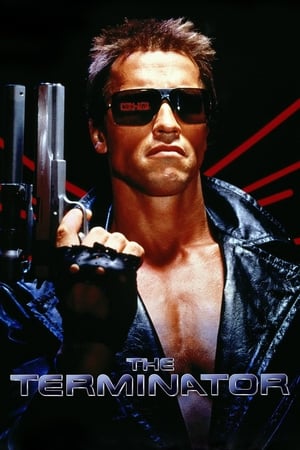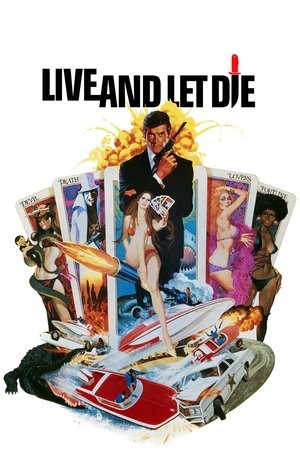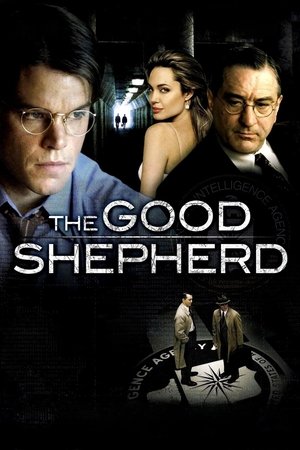Overview
Ethan Hunt and team continue their search for the terrifying AI known as the Entity — which has infiltrated intelligence networks all over the globe — with the world's governments and a mysterious ghost from Hunt's past on their trail. Joined by new allies and armed with the means to shut the Entity down for good, Hunt is in a race against time to prevent the world as we know it from changing forever.
Reviews
The best thing about Mission Impossible films is you watched one - you watched all; and you watched all - you watched one.
It's a typical mindless mild entertainment Mission Impossible film - that is all there to this film. Nothing else, nothing more, nothing less.
PS. Oh and there's no story in it worth writing home about, at all!
FULL SPOILER-FREE REVIEW @ https://www.firstshowing.net/2025/review-mi-final-reckoning-emotional-ambitious-conclusion/
"Mission: Impossible - The Final Reckoning may not be the best film in the franchise, but it's certainly a worthy, emotionally satisfying farewell.
Despite some pacing issues and an overreliance on exposition, Christopher McQuarrie and Tom Cruise triumph through their audiovisual spectacle, thematic strength, and unwavering commitment to the saga's legacy. If this truly is the end, then what a beautiful, heartfelt goodbye it is.
Thank you, Ethan Hunt. And thank you to everyone who made this mission possible."
Rating: B+
Whenever a film playing in theaters is introduced by one of the members of the picture’s creative team, it’s a safe bet that it doesn’t live up to its pre-release hype. (Indeed, in all the years I’ve watched movies theatrically, that’s been the case every time with just two exceptions.) And, regrettably, that’s very much the case in this final installment in this long-running franchise. To put it simply, “Mission: Impossible – The Final Reckoning” is an offering with a lot of problems, the biggest of which being the decision to split the story into two parts in the first place. As it stands, the narrative could have easily been condensed down to a single release. But, if the producers truly wanted to make two films to close out the franchise, they could have readily done so by making two distinct stand-alone pictures instead of trying to tie this offering to its predecessor, “Mission: Impossible – Dead Reckoning, Part One” (2023), considering that the nexus between them is tepid at best. As a consequence, though, this two-film package makes for a needlessly long 5½-hour story that could have been told in much less time with some judicious editing. This suggests that milking the box office had to have been a strong incentive for how this project ultimately played out. And, even if that wasn’t the case, the least the creators could have done was to tell a better story: While the first part did a reasonably capable job of holding viewer interest, that’s out the window here with its many well-crafted but decidedly overlong action sequences (a la the most recent “Indiana Jones” offering (2023)); a story that elevates comparatively minor characters to unexplained relevance; under-utilizes the talents of several gifted cast members (e.g., Nick Offerman and Janet McTeer) while leaving others out entirely (where’s Vanesa Kirby’s White Widow, a character who played a key role in the first part?); and requires comprehensive audience familiarity with both the franchise’s complete mythology, as well as in-depth knowledge of the intricacies of AI technology. Most importantly, however, many plot elements of the picture go beyond being “impossible” to “wholly implausible” or even “difficult to accept,” with numerous scenes that are full of holes, rely on convenient contrivances or seem completely unfathomable. “Final Reckoning” even “borrows” elements from other movie narratives (most notably “Fail Safe” (1964) and “Terminator 2: Judgment Day” (1991)) that strain its efforts at originality. There’s also an almost self-congratulatory aspect to the production thanks to the inclusion of numerous flashback clips to previous installments in the franchise, introduced with somewhat tangential tie-ins, a cinematic stroll down memory lane that adds little (the film’s inspired reintroduction and effective use of CIA operative William Donloe (Rolf Saxon) from the franchise’s first release (1996) notwithstanding). In the end, however, this release misses the mark in myriad ways, and that even includes a rather lame conclusion that comes across as stretched out and unsatisfyingly anticlimactic (and that could have been handled better and differently in several alternate scenarios). In my view, this collection of blatant shortcomings is not the way to wrap up a storied franchise like this. I firmly believe that it should have come to an end with the release of “Mission: Impossible – Fallout” (2018), handily the best of the eight features in this series. Indeed, going to the well one (or two!) too many times can tarnish a mythology’s legacy, and “Mission: Impossible” is one such venture. It genuinely deserves to go out with a bang and not a whimper. Unfortunately, though, in this case, the latter is the reality, and that’s truly a shame.
It might have been a good idea for Tom Cruise to have re-released the first part of this career retrospective a few weeks ago so we could be reminded of just what was in the submarine perched precariously on a subterranean ridge in the Arctic - because I had totally forgotten what happened last time around. Quickly, though, we are reminded that the entity (anyone see the “Forbin Project” from 1970?) is bent on seizing control of the world’s nuclear arsenals and using them to start a process of mutually assured destruction that will eradicate all life on Earth. Luckily “Ethan” (Cruise) has the magic key that might lead to humanity’s salvation, but he also needs the support of his erstwhile bosses, the President of the USA, an aircraft carrier and a nuclear submarine that actually works. Once we have waded through all the recaps the story kicks in with plenty of opportunity for our ingenious hero and his team - largely without Ving Rhames this time - to put together a series of cunning plays and counter-plays to keep themselves ahead of not just the megalomaniacal virus but also the malevolent “Gabriel” (Esai Morales) who reckons he might be able to take control. It’s essentially a vehicle for the star for the supporting efforts from the likes of Hayley Atwell and Simon Pegg offer us little of distinction, but if you’re a fan of action adventure movies then this is the equivalent of a higher-tech “Indiana Jones” movie with car chases; loads of pyrotechnics; great visual effects, an energetic score and it culminates with an enjoyable aerial dogfight that just needed the Red Baron and/or Sir Sean Connery. I am struggling to believe this is really the last of these, but if it is then it’s a fitting denouement for a character that has largely delivered well these last thirty years and that has has come along way from the Peter Graves stuff from the late 1960s. It does need a big screen as it will look very ordinary on the television, but even though it is probably half an hour longer than it needs to be, is still a good watch.
Solid entry (final?) of the franchise and while not the strongest in terms of plot (has the same issue that I had with Dead Reckoning), the stunt work (most notably the submarine and airplane sequences) were top notch. Probably wasn't in the budget but would've loved to had cameos of past IMF members. Oh, and the twist of one of the characters seemed a bit of a stretch and probably not what they had in mind when writing/filming MI:DR. **3.75/5**
I do wonder given the box office for this and MI:DR wasn't exactly stellar, at least not reaching the heights of previous entries, if they may try going the Paramount+ route with a TV series with Cruise making the occasional cameo, led maybe by Simon Pegg's Benji.
'Mission: Impossible – The Final Reckoning' is up there for being the most I've enjoyed a M:I movie, it's certainly in the top four anyway. It probably is a touch overlong, though I can't say I ever felt bored through the 2hrs 50mins. It's packed with action, so no surprise.
Tom Cruise is, as we've seen across the prior seven installments, excellent in the role of Ethan Hunt. Those with him here are very good, but there's no doubt Cruise is the glue. Speaking of the rest, Ving Rhames gets a nice arc, while Hannah Waddingham and Tramell Tillman have good bits.
It was never* one of my favourite franchises, but I still enjoyed every entry of 'Mission: Impossible' to a fairly high level; fwiw, I scored every release at 8/10 - a very consistent series, evidently. Happy I (belatedly) got to see one of 'em on the big screen too.
*assuming this is the end - it probably isn't, knowing how studios tend to be but we'll see
How can we have a final reckoning when the last bit of the movie is dedicated to letting us know that Ethan Hunt is definitely still important and definitely will be back doing stuff. Give it up, Tom.
There are some bad CG effects in here. Unforgivable.
This movie is long and full of dumb shit that doesn't matter. Everyone knows everyone because Ethan is so good at being better than everyone but we need to know this through a bunch of flashbacks. They had so much time, in fact, we get another bomb, another self sacrifice...wait...3 people sacrifice oh my god. 3 people we've never met and don't care about are going to die by the second bomb...everyone just clipping wires and removing nodes like it don't matter! Oh wait, everyone lives! Thank god. I'm glad that took about 30 minutes of movie run time. Now for 30 minutes of flying.
Don't think I just spoiled the movie. There are about 300 more minutes for you to experience!
The movie is good cast is also good i loved to watch action and thriller adventure movie also like racing and mission impossible are best fit on this
Generally speaking I've enjoyed the "Mission Impossible" films. I believe Tom Cruise has shone in the lead role, with a range of adventurous, action packed stories, worth telling. Its regrettable then that I can't find anything overly positive to say about "Mission Impossible: The Final Reckoning."
I found the script for this film incoherent. From a storytelling perspective, it wanders about like a inebriated night clubber on a Saturday night. Its not helped either by a weak core premise and villains who are, put simply, really none too interesting.
On the upside Cruise does his best and the action scenes are polished, as you would expected from a big budget film.
In summary, to my mind the least inspiring film, in the Mission Impossible franchise. Maybe its time it had its cinematic "final reckoning" and was shelved, for the foreseeable future.
My quick rating - 7.2/10. You’d think a 170-minute movie would have plenty of time to waste, but Mission: Impossible - The Final Reckoning sprints out of the gate and doesn’t look back. For something that clocks in at nearly three hours, it’s almost shocking how quickly it moves. The story is intricate, packed with moving parts, but still surprisingly easy to follow. Credit goes to the sharp editing that threads everything together without losing momentum. It’s clear the filmmakers wanted this to feel like the culmination of Ethan Hunt’s thirty-year journey, and in many ways, they pull it off—though maybe not quite as hard-hitting as one might expect from a grand finale.
Of course, the real selling point here is the action. Tom Cruise once again takes every opportunity to play Mr. Show-Off with his stunt work, and honestly, I’m not mad about it. Whether it’s leaping off impossible heights, riding vehicles where no sane person would, or holding his breath longer than a Navy SEAL, Cruise continues to prove he’s Hollywood’s most committed daredevil. Sure, the Fast and Furious franchise gets ribbed for ridiculous, physics-defying set pieces, but let’s not kid ourselves—the Mission: Impossible films are guilty of the exact same thing. The difference is, these stunts are both insane and staged so well you can’t help but buy in.
The cinematography is nothing short of breathtaking. There are shots here that are simply jaw-dropping, and the underwater submarine sequence is a masterclass in tension. It’s one of those rare moments where I completely forgot the film’s narrative hiccups because I was so locked in. This is the kind of spectacle that demands the biggest screen possible, and it delivers on that front without question.
That said, there are issues. For one, the script leans heavily on exposition, so much so that I occasionally wanted to yell, “Enough talking, just throw Tom Cruise off another cliff already!” And while it’s fun to see familiar faces like Ving Rhames and Simon Pegg return, the film introduces so many additional characters that several of them feel like nothing more than pawns shuffled around the board. They’re there to keep the plot moving, not to give us anyone new to root for.
Then there’s the villain problem. Gabriel, played by Esai Morales, makes for a sinister presence, but his routine is frustratingly repetitive. He shows up, threatens or mansplains something, then disappears until the next scene, where he does the same thing again. It’s hard to feel the weight of the supposed ultimate adversary when his menace keeps fading into the background.
And that brings me to the finale. For a movie carrying the subtitle “The Final Reckoning,” it doesn’t quite land the emotional haymaker I was expecting. It’s still thrilling, still entertaining, but it doesn’t pack the kind of gut punch you’d hope for from the end of a thirty-year saga.
Even with those flaws, I can’t deny this is a wildly entertaining blockbuster. The tension, the stunts, the sheer spectacle—it’s everything you’d expect from a Mission: Impossible film, even if it stops just shy of greatness. Respect where it’s due: Tom Cruise keeps raising the bar, and for that alone, this ride is worth taking.
This is the best movie of the franchise by a notable margin. If you've grown up being young with the first one, and aged over time with each subsequent one, you'll find this movie to be an emotional ride where you see just how all in someone devoted to their cause and beliefs can be. A scene at the very end with the crowd captures it all so beautifully. It's a masterpiece of this franchise's style, intent, and focus. It was unexpected and wonderful to experience.
I recently watched Mission: Impossible – The Final Reckoning, and to be honest, I found it somewhat underwhelming. The movie has its moments, and visually it’s stunning — some scenes are beautifully shot, with vibrant colors and impressive cinematography that really show the scale of the action. However, despite these visuals, the story itself falls flat. The plot feels predictable at times, and the pacing doesn’t always keep you on the edge of your seat.
The action sequences are well-executed, but they can’t fully make up for the weak storyline. The characters do their best, yet the script doesn’t give them much depth or interesting development, which makes it hard to feel truly invested in what’s happening. Overall, the film has flashes of brilliance in its visuals and technical aspects, but the narrative doesn’t quite live up to the expectations of a Mission: Impossible movie.
In the end, it’s an okay watch if you enjoy seeing spectacular stunts and cinematic visuals, but it’s not really captivating or memorable. For me, it was a mixed experience, and I’d rate it a 6/10.
76/100
The race continues directly from the previous film and, overall, it's pretty much the same ...although this one did have a bit more of the M:I feel to it, even though some of the gimmicks they had to pull off were totally outlandish. The action continues to be the highlight and makes it all very exciting and entertaining despite it ofttimes going on way too long and stepping well beyond what is believable. But that's ok ...they purposely set out to make epic escapist entertainment which I think they pulled off exceedingly well. The emotional beats were awkward but still great fun. - DrNostromo.com

 170 min
170 min
 7.191
7.191
 2025
2025
 USA
USA
 amarendra wrote:
amarendra wrote: